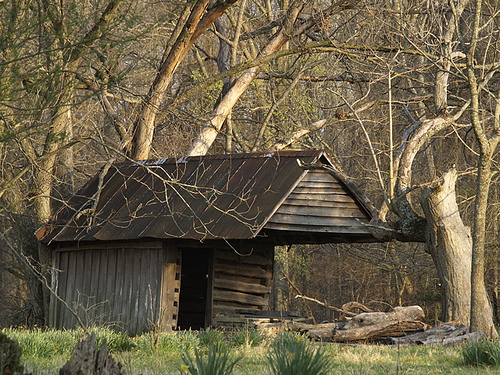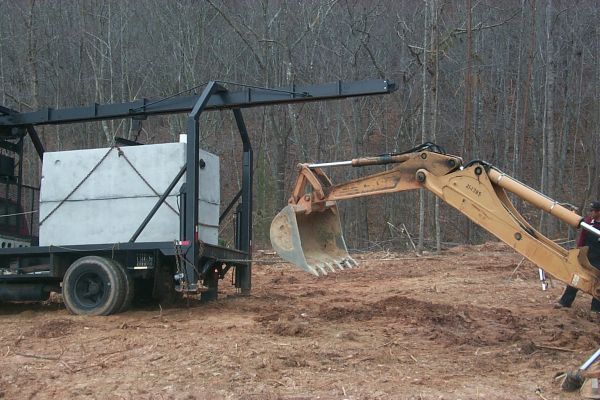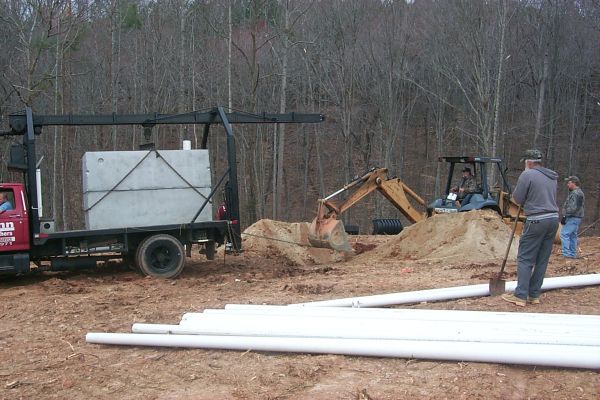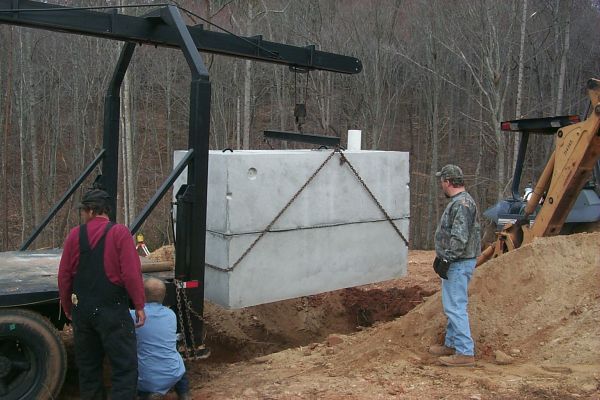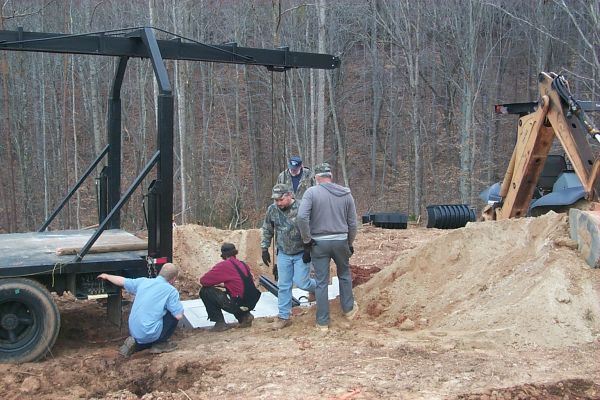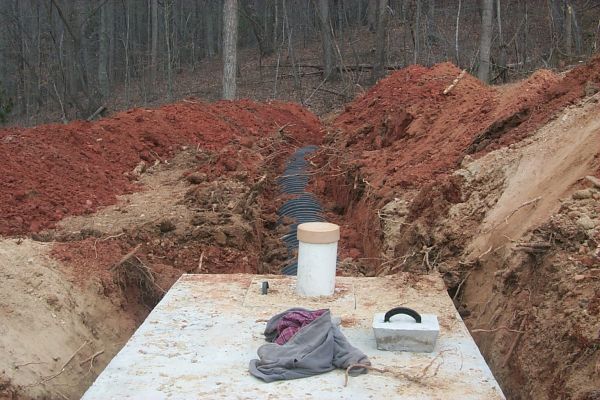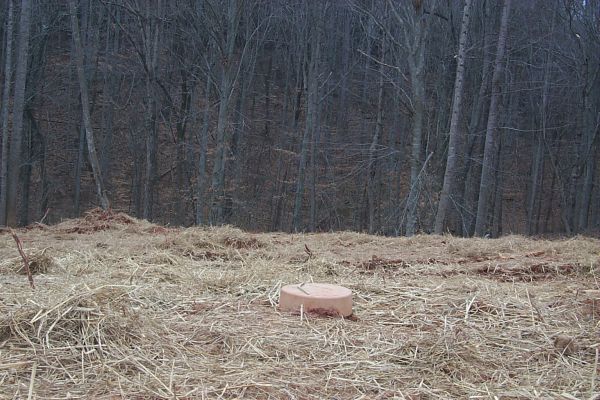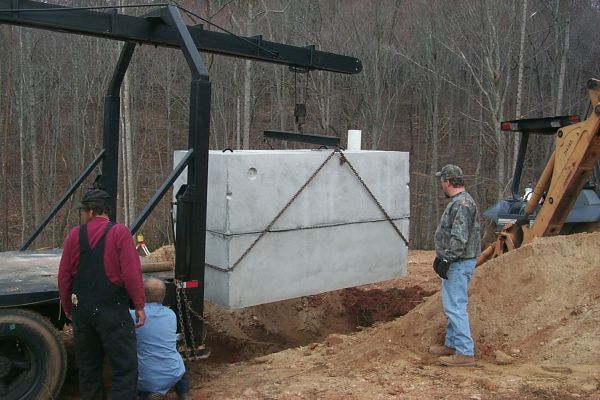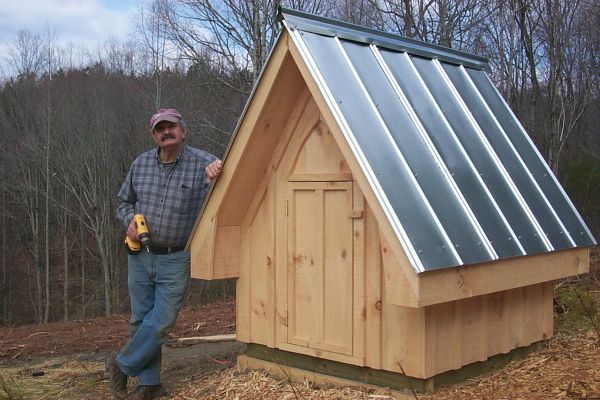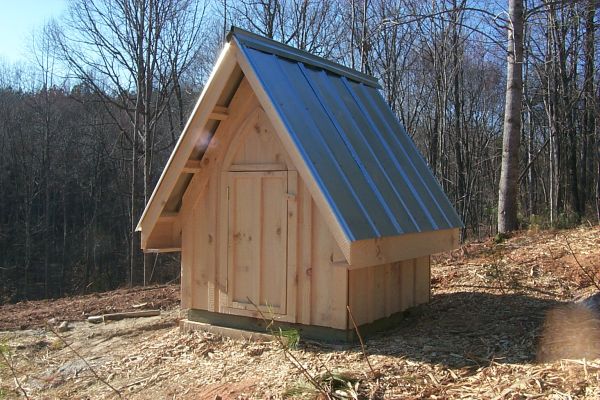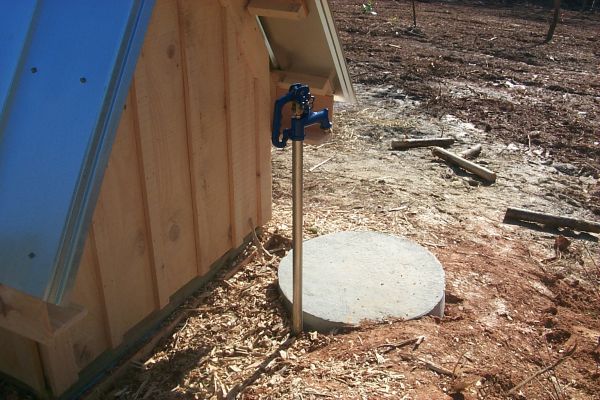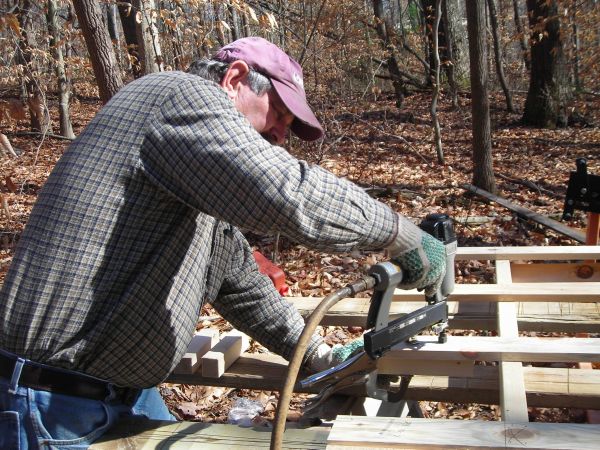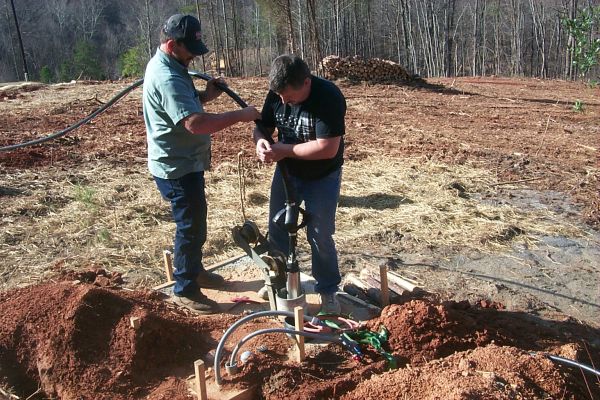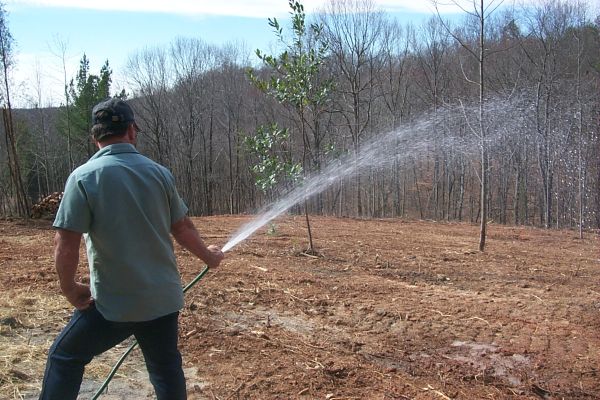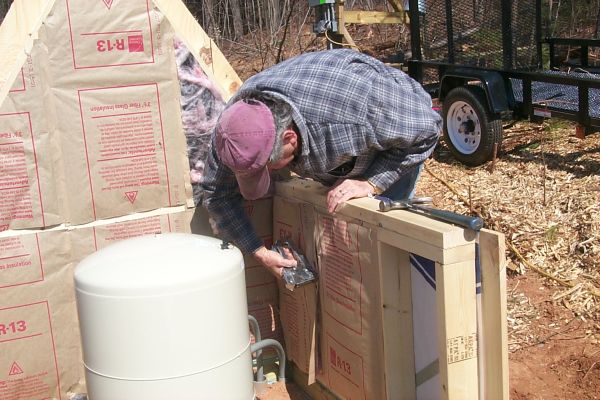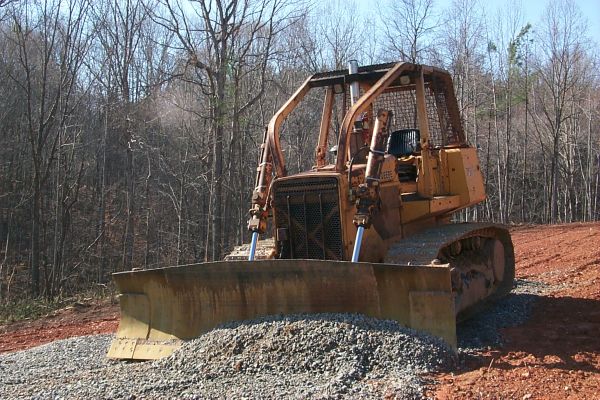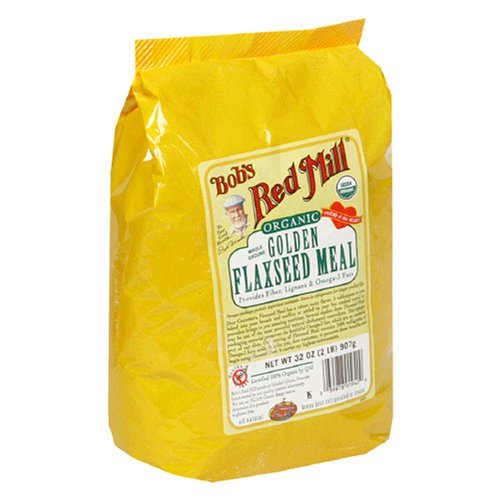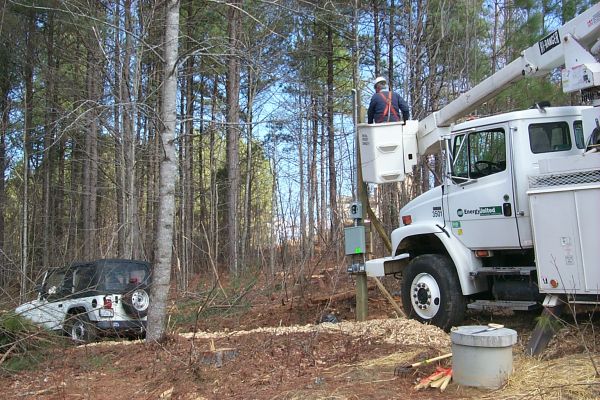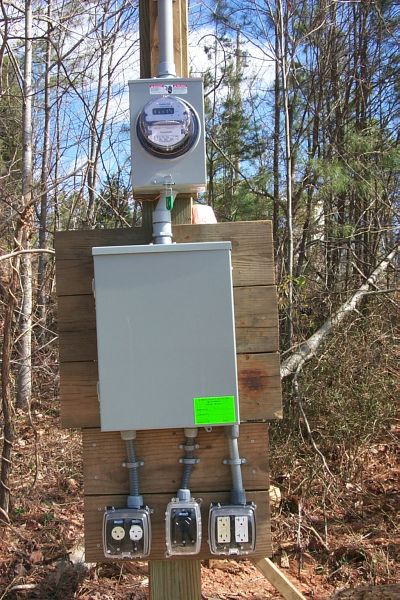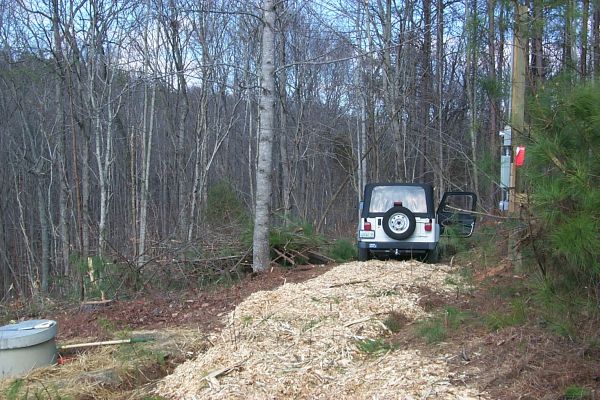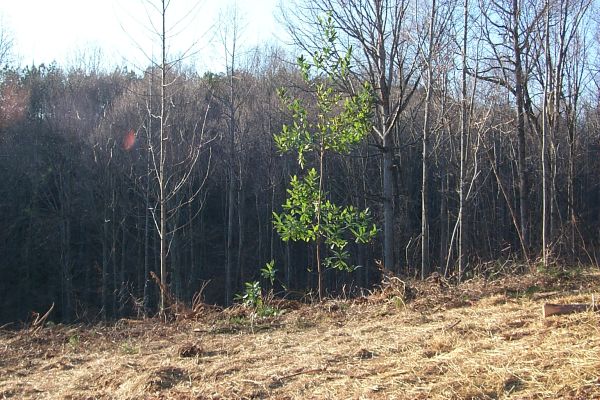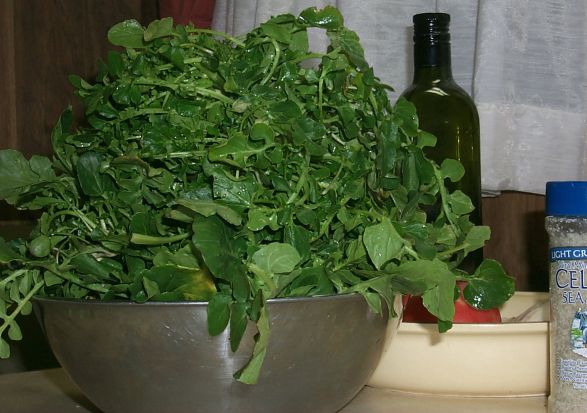
A mess of creecy greens, probably from South Carolina
Creecy greens have a long history in America. They grew wild, and they appeared in late winter, often when there was still snow on the ground. My dad, who grew up in the Blue Ridge Mountains, used to say that after a long winter the mountain people developed a strong hunger for something fresh and green. So when the first creecies appeared, they were a feast.
Around here creecy greens can be bought this time of year from roadside markets. I bought these from a roadside produce stand on U.S. 601 near Mocksville. They were relatively pricey — $1.29 a pound. For comparison, cabbage was 39 cents a pound at the same market. The woman who runs the produce stand said she thinks the creecies came from South Carolina. Creecy greens are of the order brassicales, so they are related to cabbage and mustard.
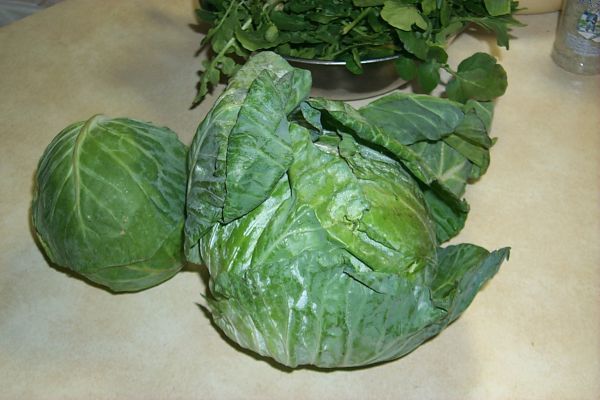
Wintered-over cabbage, 39 cents a pound
Speaking of cabbage, the mountains just to the north of here are cabbage country. Carroll County, Virginia, long known for its cabbage, is diversifying into broccoli as well. I have not yet had a chance to try Carroll County broccoli. Though I have had excellent cabbage in California, there is a tendency in California for cabbage to be pale and fluffy. Proper cabbage should have dark green outer leaves, and it should be as dense and hard as a piece of marble (attention, San Francisco Chronicle food department: you need to do a piece on the dignity, selection, and use of cabbage).
There is only one device I’ve ever seen that chops cabbage quickly and easily for coleslaw, and I’ve tried everything, from blenders to food processors to chopping knives to mandolins. The device is the Wear-Ever salad maker. We had one when I was young. Last month my sister found one in the Goodwill Store at Mocksville, and she was kind enough to let me buy it (I think she wanted it, too). It makes fine slaw, fast, without making a mess and without a lot of waste. It’s a very handy thing to have, because the winter diet here calls for cabbage in some form almost every day.
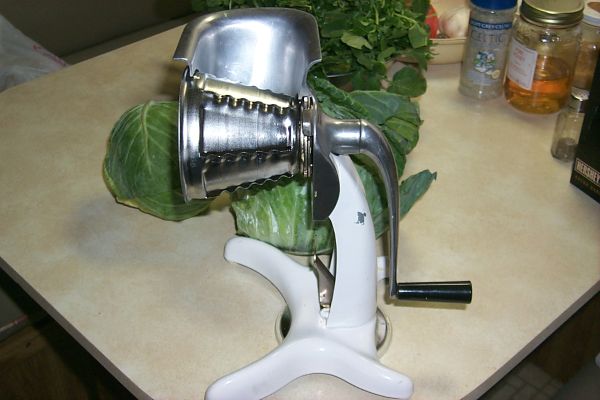
A Wear-Ever salad maker. They were made in Oakland, California, in the 1950s and 1960s, and maybe earlier for all I know. You might be able to find one on eBay.
The 50-mile rule for local eating is a nice goal (and it might even be possible in a lot of places at some times of year), but for many Americans it’s not workable. I propose as an alternative the 50-year rule: if people in the same place had it 50 years ago, it probably makes economic sense to have it now. I’m no expert on the history of this, but having lived in these parts 50 years ago, it’s clear that the winter foods that were available then are the cheapest and best winter foods available now. This includes Florida oranges, cabbage (from Virginia?), pintos beans (South Carolina? Georgia? Texas?), onions, and potatoes. Fifty years ago, of course, was before the Interstate highway system. I suspect much of this produce came up U.S. Route 1 and went onward to New York and New England. Locally, it probably came by U.S. 601, which is a spur of U.S. Route 1.
Update, 5:50 p.m.:
The finished winter supper: creecy greens with a sweet-and-sour treatment (vinegar, olive oil, and a touch of turbinado sugar); warmed-over pinto beans (with sliced onion); fresh hot flaxseed pone; and salmon cakes. The salmon cakes certainly violate the 50-mile rule, but they don’t violate the 50-year rule. My mother used to make salmon cakes fairly often from canned salmon. This was a premium brand of wild red sockeye salmon from Whole Foods in a 7.5 ounce can. If you’re shipping food from Alaska, canned is the cheapest, which probably means it takes less energy than fresh or frozen salmon. And I admit it. I like fish burgers. This is a low-carb, high-protein, healthy country supper.
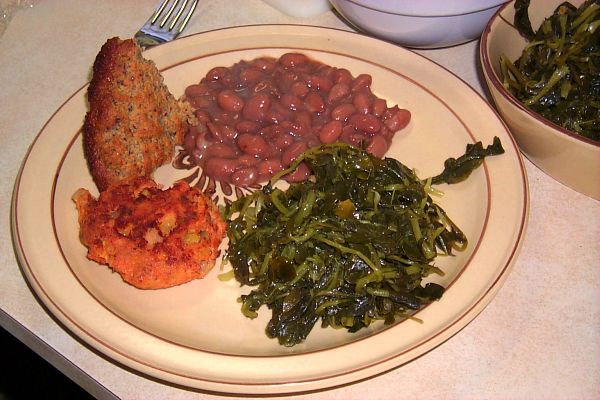
Creecy greens, pinto beans, flaxseed pone, and salmon cakes from wild sockeye salmon
